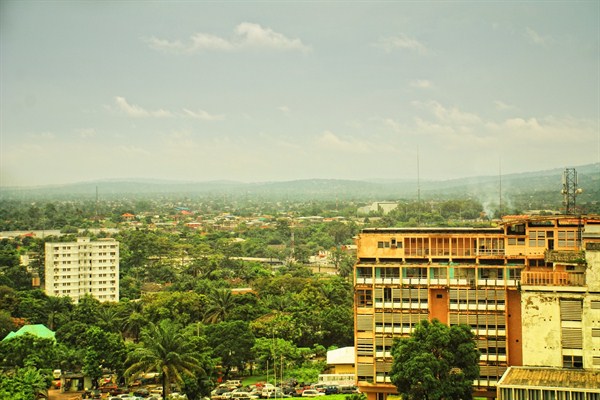Editor’s note: This article is part of an ongoing WPR series on the impact of falling oil and commodities prices on resource-exporting countries.
Last week, the prime minister of the Democratic Republic of Congo (DRC), proposed a new budget that included cutting government spending by 30 percent in a bid to avoid hyperinflation, as the economy continues to suffer from low global commodities prices. In an email interview Yvan Yenda Ilunga, a doctoral student in the division of global affairs at Rutgers University, discussed the effect of declining revenues from commodities on the DRC’s economy.
WPR: How important are commodities for the DRC’s economy, and what effect have falling commodities prices had on the economy, public spending and, by consequence, political and security stability, particularly in the eastern part of the country?

